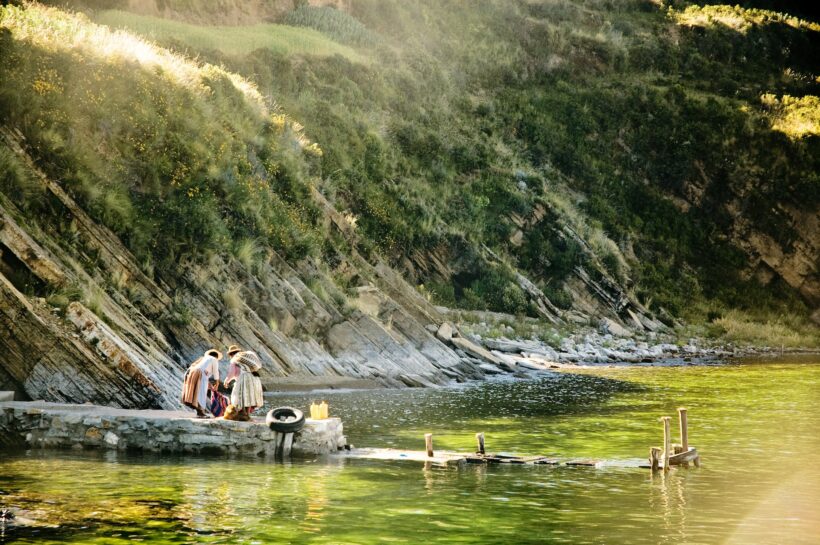In Bolivia, 24,000 farmers in cooperation with communities and public water suppliers protect more than 600,000 hectares of forest from deforestation, exploitation, and the interests of mining companies—and thus protect the regional water supply in the long term. The Reciprocal Water Agreements (ARAs) are now considered a model for conservation in South America: more and more ARAs are being signed in Peru, Colombia, Ecuador, and Mexico. How do this agreement work?
By Ingo Geiger
Fourteen years ago, María Gutiérrez bought a piece of land in Alto Espejo, Santa Cruz, Bolivia. She now lives right next to the forest. There are a few fruit trees in her garden and a small river runs through it. The river provides her and her animals with drinking water. She sells the lemons, oranges, and tangerines. María lives from this.
For a few years now, she has been making her own honey. Since then, María’s life has become easier, earning an extra 5,000 to 6,000 Bolivianos (about $800) a year. She got the bees, the boxes, and the harvesting equipment from Natura Foundation. An NGO that promotes biodiversity and sustainable water management. In return, María signed the Reciprocal Water Agreement (ARA).
María is one of 24,000 farmers who have signed such an agreement. Together they protect 600,00 hectares of forest from deforestation, pollution, and the interests of large mining companies.
What is a Reciprocal Water Agreement (ARA)?
The “Recipocal Watter Agreement” (Acuerdo Recíproco por Agua) is a contract between the people in the countryside, the people in the city and the public water suppliers. In short, a contract between all the people who live in the same watershed or share the same water source. Basically, it’s a cooperative effort to protect the natural water cycle for the long term. Everyone works together and benefits.
The idea behind it is simple:
- Farmers and rural people protect their forest and receive incentives for doing so: e.g., access to running water or help in growing fruits.
- The incentives are paid for by the communities and the end users through a small fee, in exchange for sustainable and clean drinking water in the long term.
- Water suppliers expand their network and provide flowing water to the farmers.










